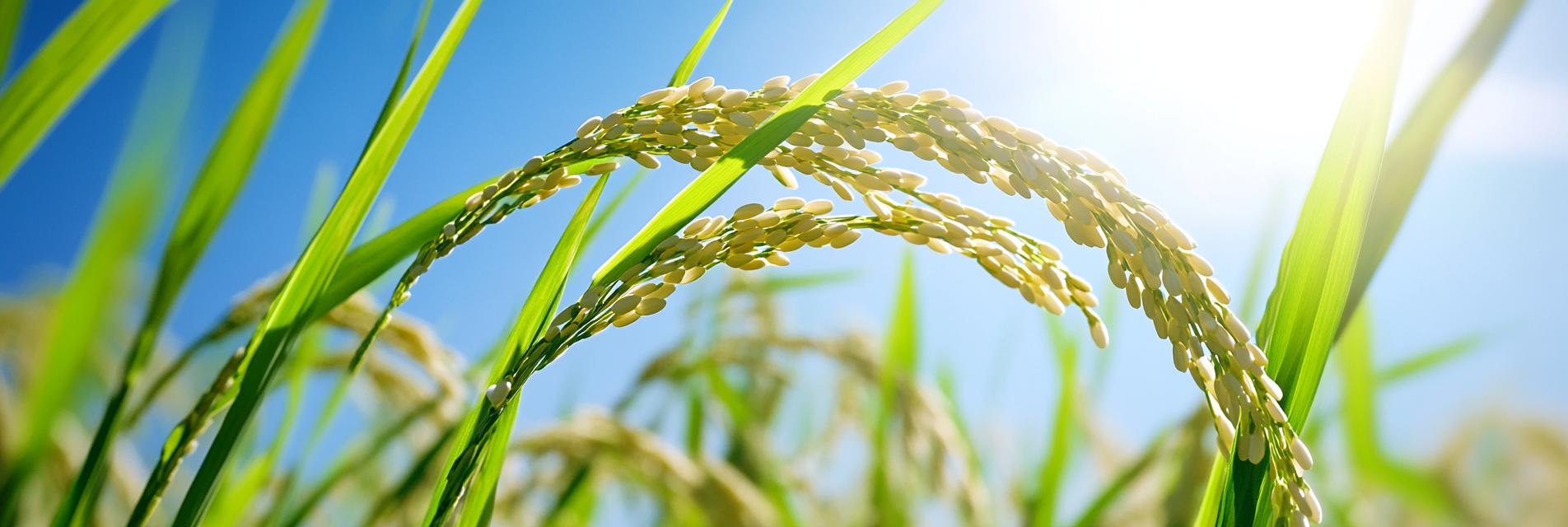The Impact of Nitrogen Fertilizers on Rice Quality in China
2025-02-04
YUNNAN YINGFU TRADING CO., LTD
Expertise
This article explores the critical role that nitrogen fertilizers play in influencing the quality of rice produced in China. By examining agronomic practices, the article provides valuable insights for farmers and stakeholders in agriculture, aiming to enhance crop yield and nutritional value sustainably.
Introduction
Rice is a staple food for millions of people in China, making its quality a significant concern for both consumers and producers. Nitrogen fertilizers, an essential component of modern agricultural practices, have a profound impact on rice cultivation. This article aims to elucidate how nitrogen fertilizers affect rice quality, offering insights into sustainable farming practices.
Understanding Nitrogen Fertilizers
Nitrogen fertilizers are widely used in agriculture to enhance the growth and yield of crops. They provide essential nutrients that support plant development, indirectly influencing the quality of the produce. However, the overuse of nitrogen can lead to adverse effects, including reduced nutritional value and environmental concerns.
The Benefits of Nitrogen Fertilizers
When applied correctly, nitrogen fertilizers promote healthy crop growth, leading to increased yield and improved quality of rice. Key benefits include:
- Enhanced Growth: Nitrogen is crucial for the synthesis of proteins and chlorophyll, leading to vigorous plant development.
- Increased Yield: Adequate nitrogen can significantly boost the quantity of rice produced.
- Improved Nutritional Value: The right balance of nitrogen can enhance the nutritional profile of rice grains, making them richer in essential nutrients.
Potential Drawbacks
Despite its benefits, excessive use of nitrogen fertilizers can negatively impact rice quality and the environment. Concerns include:
- Nutritional Imbalance: Over-fertilization can lead to nutrient imbalances in rice, affecting its edible quality.
- Environmental Pollution: Runoff from nitrogen fertilizers can contaminate water resources, posing risks to human health and biodiversity.
- Soil Degradation: Continuous reliance on chemical fertilizers can degrade soil health over time.
Sustainable Practices in Rice Cultivation
To mitigate the drawbacks associated with nitrogen fertilizer usage, farmers can adopt sustainable farming practices:
- Soil Testing: Regular soil testing can help determine the appropriate nitrogen levels needed for optimal crop growth.
- Crop Rotation: Implementing crop rotation can improve soil health and reduce dependency on synthetic fertilizers.
- Integrated Nutrient Management: Combining organic and inorganic fertilizers can enhance soil fertility and reduce environmental impact.
Conclusion
In conclusion, nitrogen fertilizers play a pivotal role in enhancing the quality and yield of rice in China. However, their application must be managed wisely to avoid potential negative impacts on nutrition and the environment. By adopting sustainable practices, farmers can ensure the production of high-quality rice while protecting the ecosystem.


